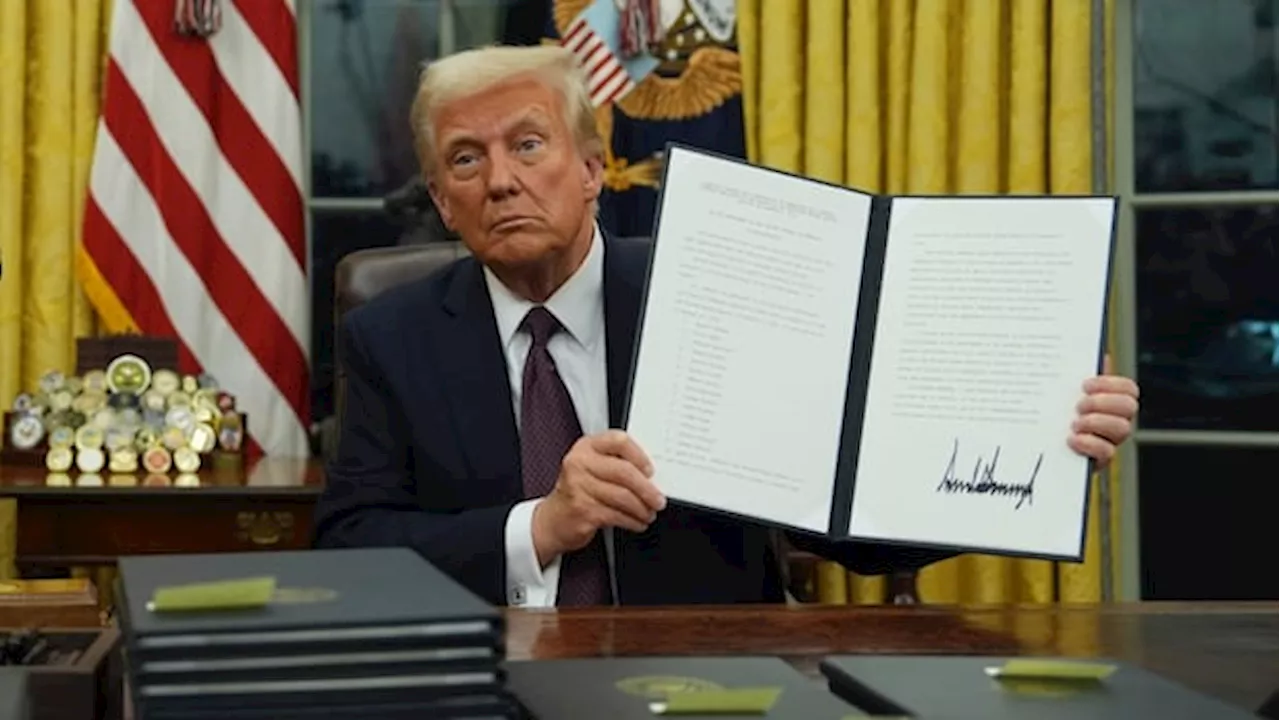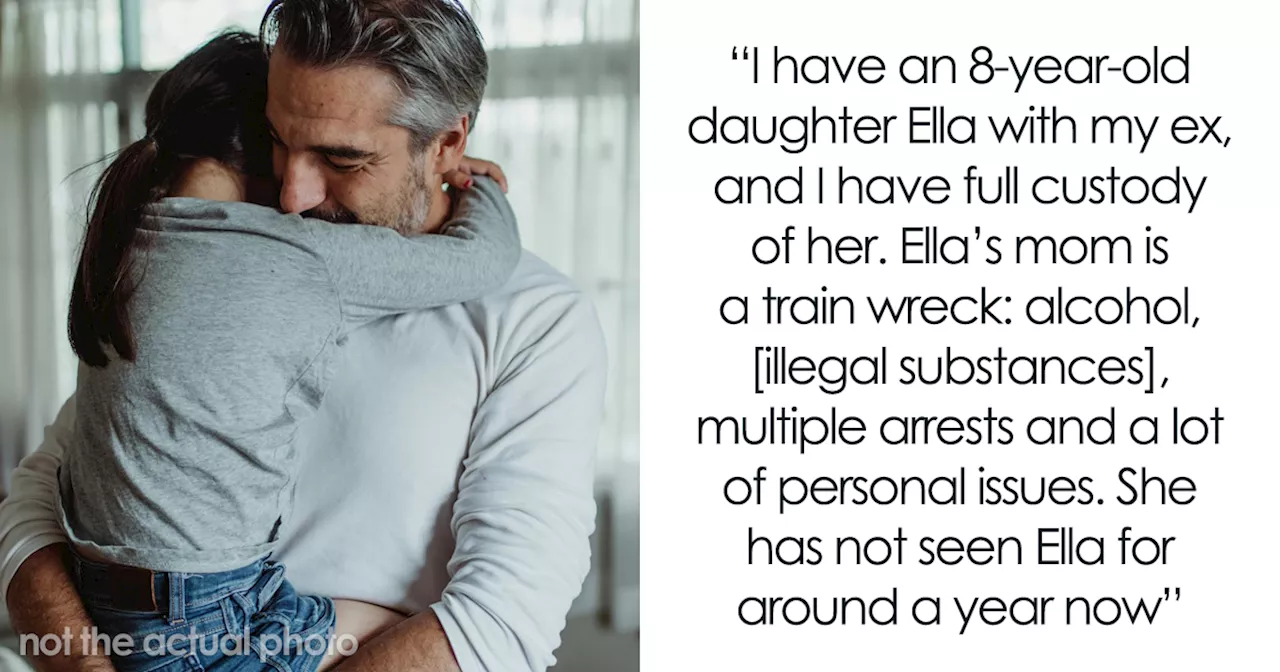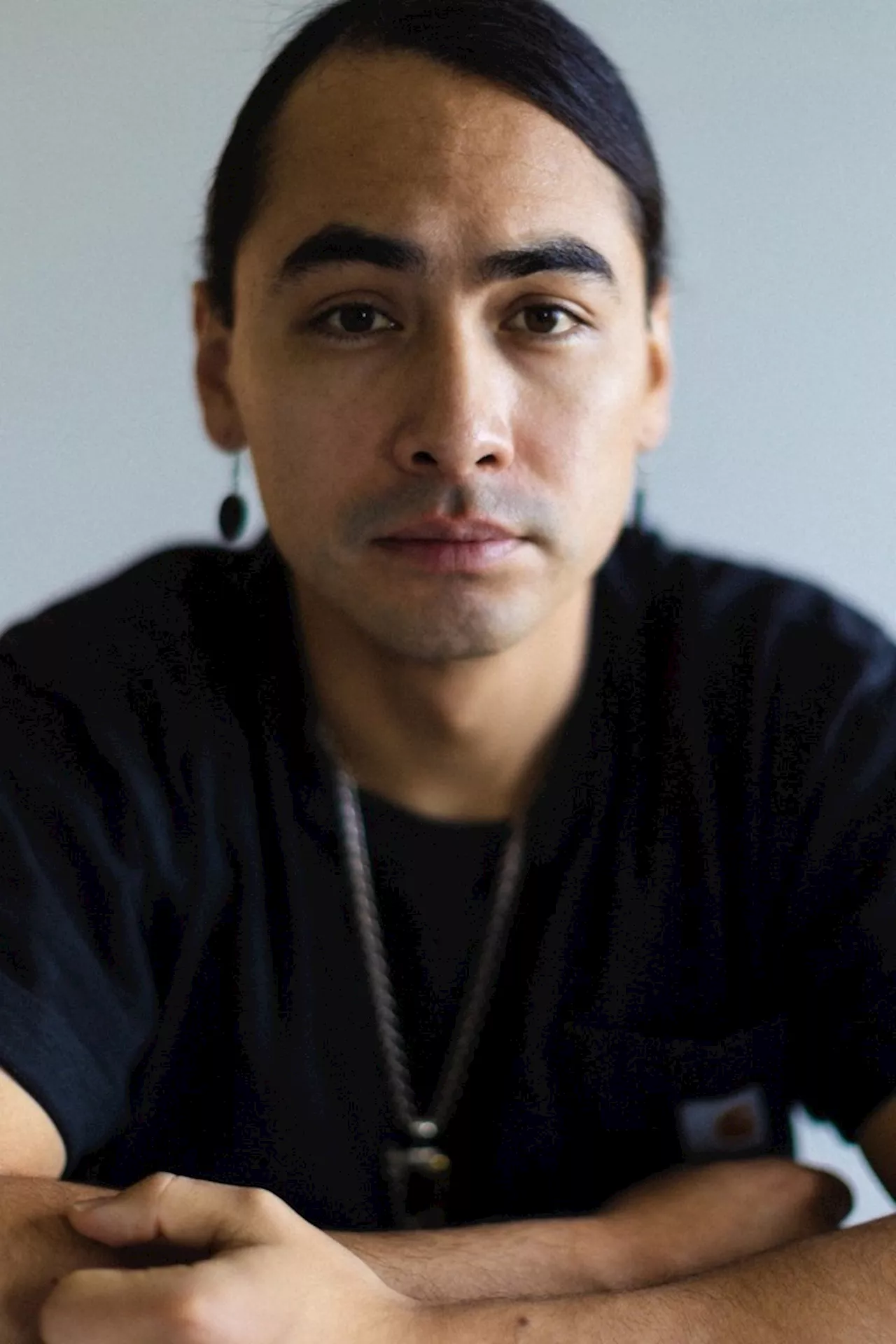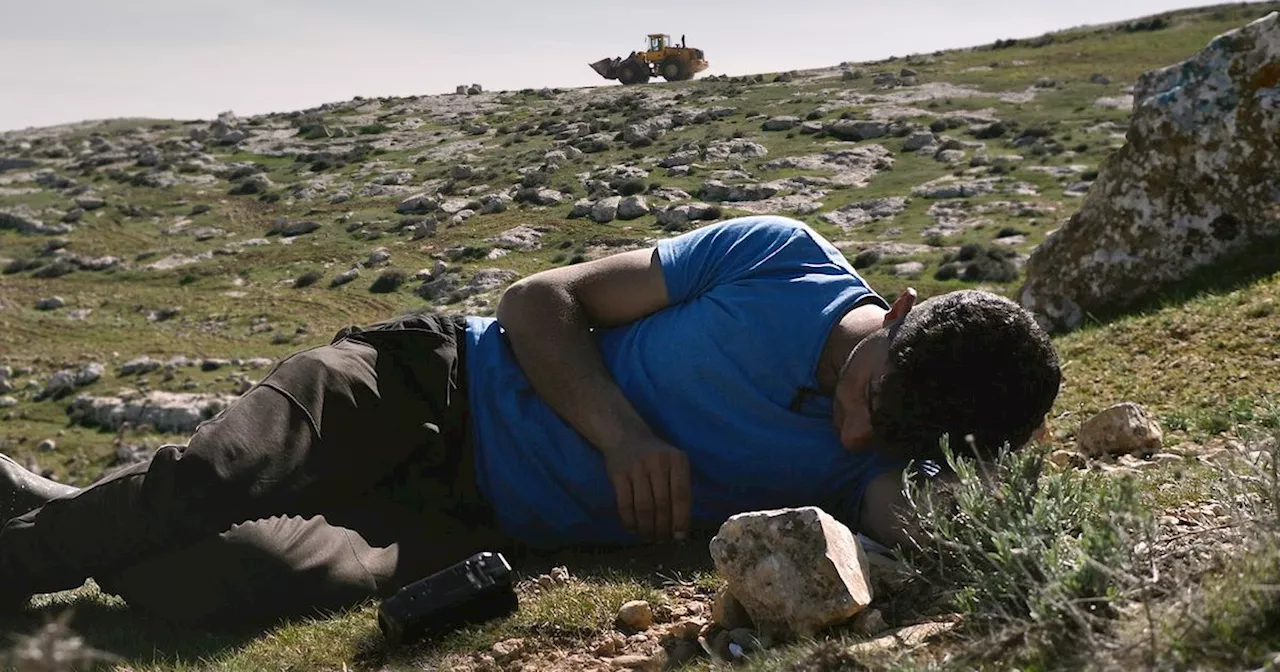No Other Land, an Oscar-nominated documentary, offers a poignant look at the plight of Palestinians in Masafer Yatta, a region facing decades of Israeli occupation and forced evictions. The film follows filmmaker Basel Adra and his family as they navigate increasing restrictions and intimidation, highlighting the struggle for survival and the impact of displacement.
That’s a running theme throughout the powerful documentary “No Other Land,” which was just nominated for this year’s Oscar for Best Documentary Feature. Directed, edited and produced by an Israeli-Palestinian team, it follows one of the filmmakers, Basel Adra, and his family and neighbors, a region of mountainous villages in the West Bank. Masafer Yatta ’s residents have endured decades of Israeli occupation and forced expulsions.
The film, shot over a period of four years beginning in 2019, documents the Israeli government’s increasingly aggressive means of forcibly evicting the residents. Though most of the film was completed shortly before the start of the war that has decimated Gaza, it could not be more timely. But “No Other Land” despite garnering acclaim from festivals, critics and awards organizations, it is hard to find the film playing anywhere, aside from a few limited theatrical runs in New York City, including one that. “We’re obviously talking about the Israeli military occupation of the West Bank, and it’s very ugly. The film is very, very critical of Israeli policies. As an Israeli, I think that’s a really good thing, because we need to be critical of these policies so they can change. But I think the conversation in the United States appears to be far less nuanced — there is much less space for this kind of criticism, even when it comes in the form of a film.” Whose stories get told and seen, and whose do not — that’s power, too. Power is also central to the Masafer Yatta residents’ fight to keep their villages intact. In 2022, after a decades-long legal battle, an Israeli court — a court where, as Adra notes in a voiceover narration, Palestinians have no power — orders the villages to be destroyed and repurposed as a training ground for the Israeli Defense Forces. As a result, the Israeli government accelerates its attempts to expel the residents of Masafer Yatta. Over the course of the documentary, we see the residents facing more and more restrictions and intimidation. When the residents hold a peaceful protest, they’re interrupted by grenades. IDF members accost their child walking by the rubble of a demolished home in Masafer Yatta. In recent years, the Israeli government has more aggressively forced residents out of their homes. The government sends bulldozers to the homes of those who try to hold out and bars them from driving cars in the villages. Residents who try to rebuild face a byzantine process of obtaining building permits. Even if they manage to cobble together a new home, smaller and less sturdy than before, the Israeli government can still cut off their access to basic needs: In one scene, Israeli officials fill in a water well and slice open the pipes.“Every week, a new family must decide: endure or leave their land,” Adra says. “If a family leaves, they lose their land.” Parallel to these wrenching stories of destruction, oppression and uncertainty is one about friendship. Early in the film, Adra begins working with Abraham, an Israeli journalist who is trying to raise awareness of the forced expulsions through his reporting — and who, as an Israeli, opposes what his government is doing in his name. The two become friends, and some of the film’s more quietly compelling scenes are the long, thoughtful conversations between them. In one of their exchanges, Abraham complains one of his recent articles didn’t get many views and is exasperated that not enough people are paying attention. “You want everything to happen quickly, as if you came to solve everything in 10 days and then go back home,” Adra, whose family has spent years mobilizing against the forced expulsions, tells him. “This has been going on for decades.” As an Israeli, Abraham can move about relatively unencumbered. Unlike Adra, at the end of the day, he can go home, a tension the two of them discuss at several points in the film. Adra (left) and his friend and co-director Yuval Abraham (right), an Israeli journalist. Over the course of the documentary, the two team up to try to raise awareness of the Israeli government's forced expulsions of Palestinians in the region of Masafer Yatta. It’s these quotidian scenes, peppered throughout the film — conversations, meals, and other acts of daily life — that form many of its most moving moments. The camera lingers on the residents of Masafer Yatta as they go about routine tasks and take care of each other. Life goes on. In such a tense film, full of harrowing footage — much of which was shot on the filmmakers’ phones to quickly document scenes of escalation — there’s so much grace in these snapshots of daily life
Human Rights Palestinians Israeli Occupation Masafer Yatta Displacement Forced Evictions Documentary Film Human Rights Friendship
Canada Latest News, Canada Headlines
Similar News:You can also read news stories similar to this one that we have collected from other news sources.
 This land is not your land: Trump moves to limit access to U.S. citizenshipU.S. President Donald Trump holds up an executive order commuting sentences for people convicted of Jan. 6 offences in the Oval Office of the White House on Jan. 20, 2025.
This land is not your land: Trump moves to limit access to U.S. citizenshipU.S. President Donald Trump holds up an executive order commuting sentences for people convicted of Jan. 6 offences in the Oval Office of the White House on Jan. 20, 2025.
Read more »
 The Delicate Dance of Stepparent Adoption: Is It Right for Your Blended Family?This article explores the complexities of stepparent adoption, emphasizing the importance of careful consideration, open communication, and prioritizing the child's well-being. It delves into potential challenges, legal implications, and the emotional impact on all parties involved.
The Delicate Dance of Stepparent Adoption: Is It Right for Your Blended Family?This article explores the complexities of stepparent adoption, emphasizing the importance of careful consideration, open communication, and prioritizing the child's well-being. It delves into potential challenges, legal implications, and the emotional impact on all parties involved.
Read more »
 The Impact of Work on Mental Health: A Delicate BalanceThis article explores the complex relationship between work and mental health, highlighting both the potential benefits and drawbacks. It delves into research findings on workplace mental health, employer responsibilities, and the concept of reasonable accommodations under the ADA.
The Impact of Work on Mental Health: A Delicate BalanceThis article explores the complex relationship between work and mental health, highlighting both the potential benefits and drawbacks. It delves into research findings on workplace mental health, employer responsibilities, and the concept of reasonable accommodations under the ADA.
Read more »
 The delayed and delicate departures at TD reveal a bank struggling to do the right thingLatest changes only serve to underscore that just as TD failed to manage and govern itself for years, it has also been struggling to figure out how to fix itself and hold its leaders accountable
The delayed and delicate departures at TD reveal a bank struggling to do the right thingLatest changes only serve to underscore that just as TD failed to manage and govern itself for years, it has also been struggling to figure out how to fix itself and hold its leaders accountable
Read more »
 Documentary 'Sugarcane' about a B.C. residential school among Canadian Oscar nomineesA documentary by Secwépemc filmmaker Julian Brave NoiseCat and Toronto journalist Emily Kassie is up for an Oscar.
Documentary 'Sugarcane' about a B.C. residential school among Canadian Oscar nomineesA documentary by Secwépemc filmmaker Julian Brave NoiseCat and Toronto journalist Emily Kassie is up for an Oscar.
Read more »
 Documentary ‘Curl Power’ weaves curling and life as a B.C. teenFilm follows 5 members of a Maple Ridge curling team from 2019 to 2023 as they age from 14 to 18
Documentary ‘Curl Power’ weaves curling and life as a B.C. teenFilm follows 5 members of a Maple Ridge curling team from 2019 to 2023 as they age from 14 to 18
Read more »
